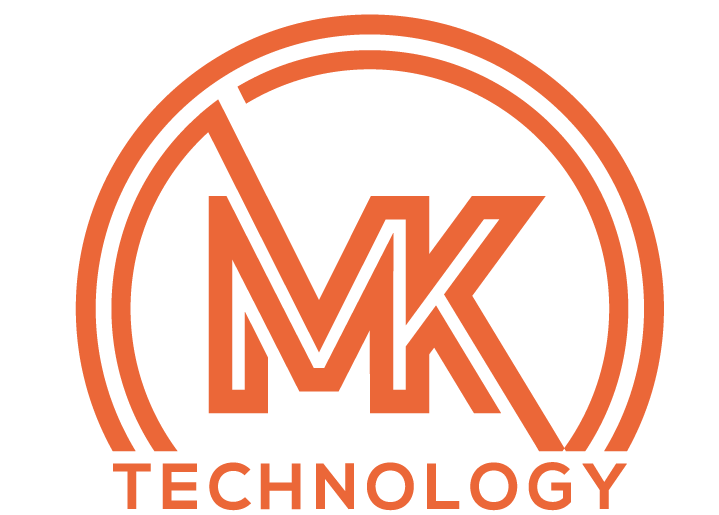Access Control Systems for commercial businesses has become increasingly important in today’s landscape, where security is paramount. As businesses grow and evolve, so do their security needs. Access control systems have emerged as essential tools for safeguarding assets, ensuring safety, and managing personnel. We will explore the importance of access control in commercial businesses, focusing on the advantages of cloud-based systems, multi-site applications, and the diverse sectors that benefit from these technologies.
1. Why Access Control Matters
Access management and control is the method by which businesses regulate who can enter certain areas of their facilities. It encompasses a range of technologies and processes designed to protect physical and digital assets. In an era where data breaches and unauthorized access can lead to significant financial and reputational damage, effective access control is vital.
2. The Importance of Cloud-Based Access Control
Cloud-based access systems are revolutionizing the way businesses manage security. These systems offer flexibility, scalability, and ease of use that traditional, on-premises solutions simply cannot match.
Remote Management: With cloud based access management and control, managers can oversee security from anywhere in the world. This is especially beneficial for businesses with multiple locations, allowing for centralized management from a single dashboard.
Scalability: As companies expand, adding new sites or users can be seamlessly managed through the cloud. This eliminates the need for extensive hardware installations at each location.
Cost-Effectiveness: Cloud solutions typically require lower upfront costs compared to traditional systems. Businesses can pay for what they use, making it easier to manage budgets while enhancing security.
3. Multi-Site Applications
For businesses operating in multiple locations, a cloud-based system is invaluable. It allows for unified access and security management across all sites, ensuring consistent policies and procedures. Whether a company has offices in different cities or warehouses across the country, centralizing access control enhances security while simplifying management.
4. The Benefits of Access Control Across Sectors
Access management and control systems are versatile and can be tailored to meet the specific needs of various industries. Here are several sectors that benefit significantly from these systems:
Commercial Businesses
In retail and office environments, access management and control helps manage employee access, protects sensitive areas, and monitors visitor movements. By restricting access to specific areas, businesses can safeguard confidential information and reduce theft.
Healthcare Facilities
In the healthcare sector, access management and control is essential for protecting patient data and ensuring safety. Hospitals and clinics use access management and control to restrict access to medication storage, patient records, and sensitive areas like operating rooms. This not only enhances security but also ensures compliance with regulations such as HIPAA.
Distribution Facilities
In warehouses and distribution centers, access management and control prevents unauthorized personnel from entering sensitive areas. With a robust access control system, companies can limit access to loading docks, inventory storage, and distribution centers, reducing the risk of theft and accidents.
Airports
Airports require the highest level of security, and access management and control plays a pivotal role in ensuring passenger safety. From secure employee areas to boarding gates, sophisticated access control systems help manage who can enter secure zones, thereby enhancing overall safety.
Government Facilities
Government facilities must adhere to strict security protocols. Access management and control systems help ensure that only authorized personnel can enter sensitive areas, protecting national security interests and sensitive information.
5. Major Facets of an Access Control System
Understanding the components of an access control system can help businesses maximize their benefits. Here are the major facets:
Authentication: This is the first line of defense, verifying the identity of individuals trying to access a facility. Methods include key cards, biometrics, and PIN codes.
Authorization: Once authenticated, the system determines what level of access an individual has. This ensures that employees can only access areas necessary for their roles.
Audit Trails: Access management and control systems maintain logs of who accessed what and when. This data is invaluable for security audits and investigations.
Integration: Modern control systems can integrate with other security technologies, such as surveillance cameras and alarms, providing a comprehensive security solution.
User Management: Easily adding or removing users and modifying access rights is crucial for maintaining security as personnel change.
6. Benefits to Users
The right access managemnt and control systems for access empower businesses by enhancing security, improving operational efficiency, and providing peace of mind. By implementing these systems, companies can protect their physical and digital assets while ensuring compliance with industry regulations.
The use of cloud-based solutions further amplifies these benefits, offering flexibility and ease of management that adapts to the dynamic nature of today’s business environment.
For a deeper understanding of access control systems, you can visit the below link: Access Control
Embracing Modern, Access Control Systems, Is Not Just an Option
The importance of access control in commercial businesses cannot be overstated. As security threats evolve, so must our strategies to counteract them. Embracing modern, cloud-based access control systems is not just an option; it’s a necessity for safeguarding your business. For more information on how to implement effective access control solutions, visit us at https://mktechnology.tech.
By prioritizing access control, businesses can protect their assets, enhance security, and ensure operational efficiency—laying the groundwork for a secure future.

